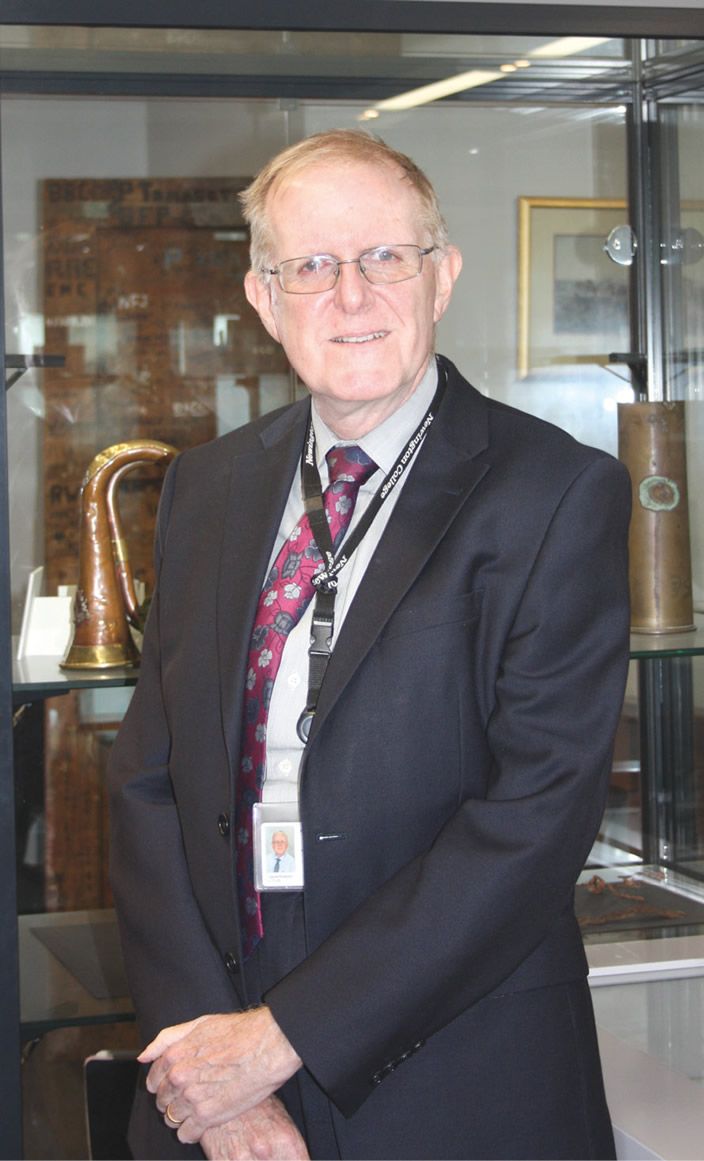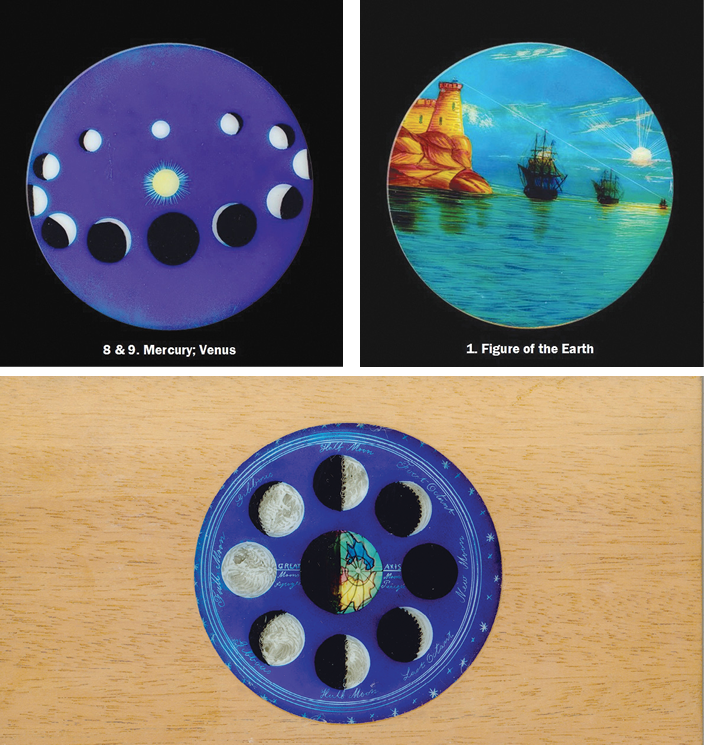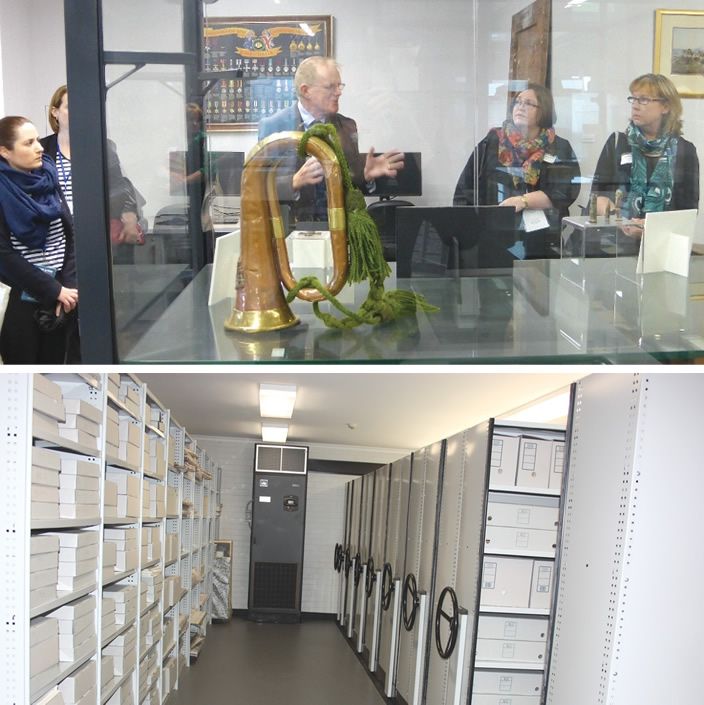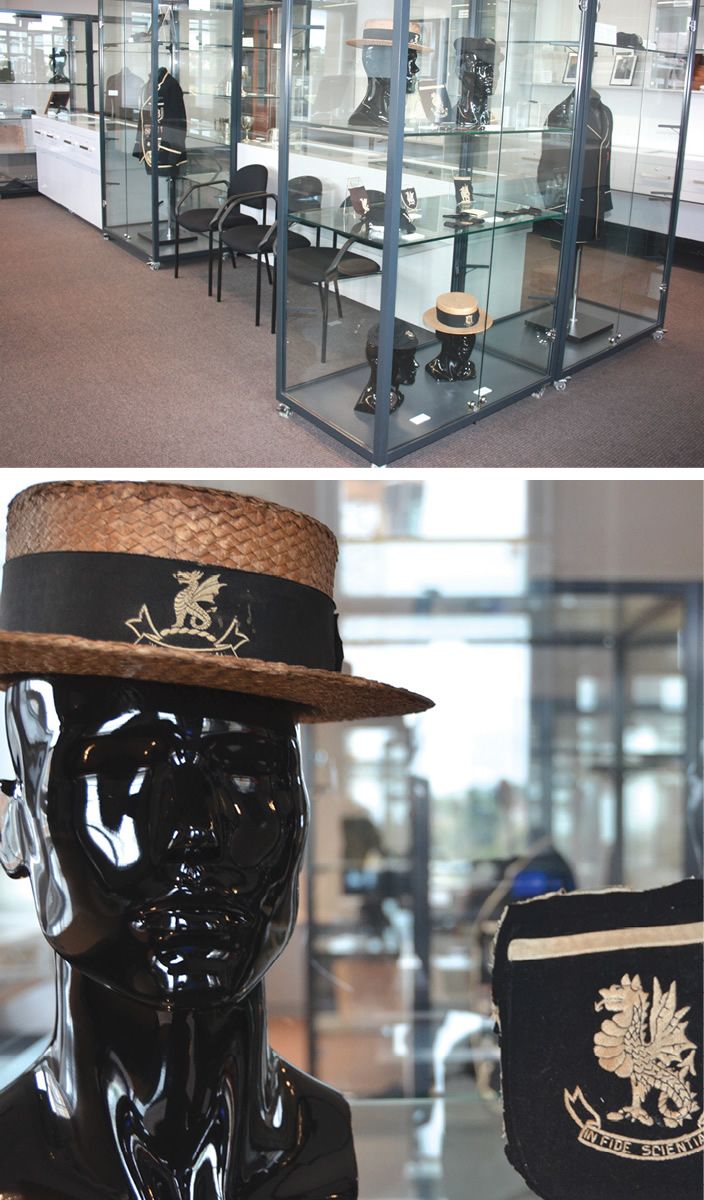Continued value
Roberts said the college’s fundraising and alumni team draws heavily on the college’s history and uses its care for the archives to demonstrate how it continues to value its old boys.
Alumni events and reunions use the resources from the archives to provide slide shows and other publication material for these events.
Roberts also loves that he can become involved in the college’s teaching and learning. His first experience of this was through the visual arts department, who among other uses have used the archives to source photos of old boys which they then turned into portraits. Visiting artists have also accessed the archives for inspiration.
Although he is not a curator of objects, Roberts has set up a small museum on the college grounds which currently displays memorabilia from teachers and students that served in World War I. History classes come to see the caps and jackets worn by those who served in the war, bringing history to life.
Roberts’ favourite discovery since joining the school has been a set of 19th century lantern slides used to teach astronomy at Tupou College in Tonga. The slides were made in London for use in a Phantasmagoria Lantern, powered by paraffin (pictured p22).
Tupou College is Newington’s brother school, set up by Rev James Egan Moulton in 1866. Rev Moulton took the slides to Tonga and they were discovered in his belongings, as he became president of the college between 1893 and 1900.
The slides depict the sun, moon, planets and comets.
“They are gorgeous things and the colours are as bright and new now as they ever were.”
As most school archivists work individually, networking is important for their personal growth and development. The school archivists’ network (the School Archives Special Interest Group of the Australian Society of Archivists) meets three times a year and Roberts said it is a crucial part of his professional life.
He said the presence of an archivist enriches the lives of not only the school staff and students, but the past and present families associated with the school.
“History is part of our brand and we use it everywhere. A lot of our external communication emphasises the school’s history and it is highlighted to the boys as a part of their education.
“This was a decision made by the head. You can’t do any of that without good archives.”






































































































































